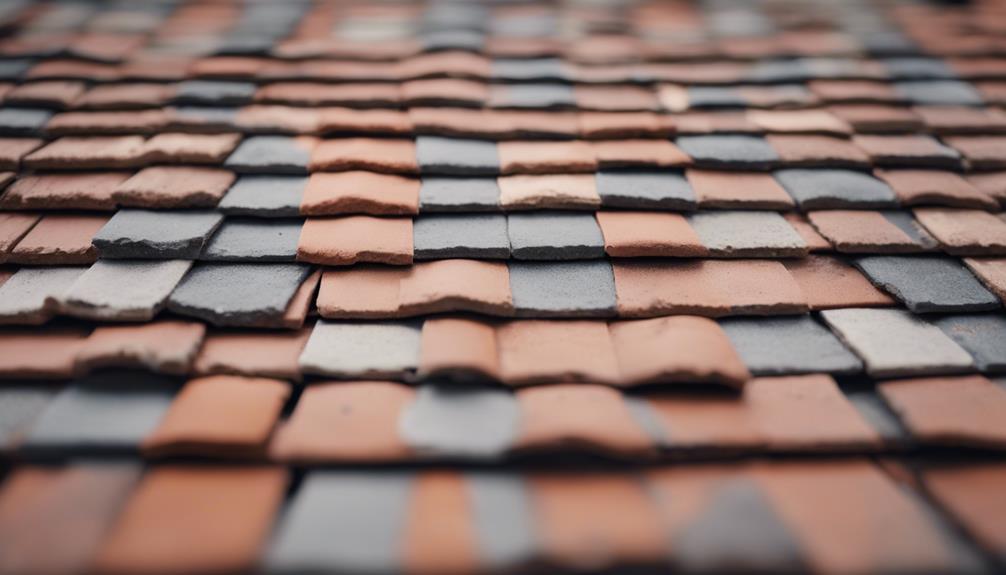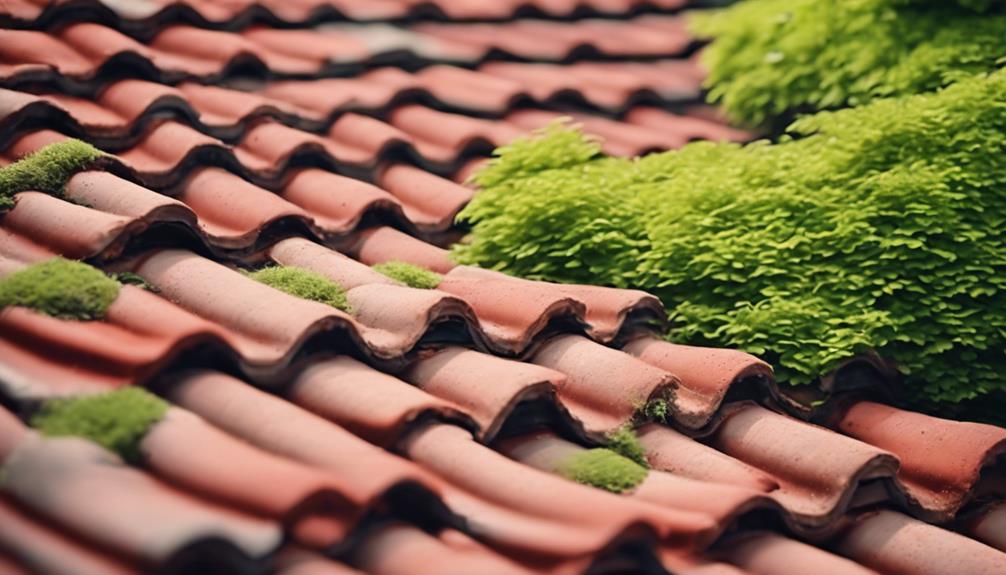What Is the Warranty Period for Tile Roofing?
Perplexed by the warranty and lifespan of tile roofing? Unravel the complexities and ensure your roof's longevity with essential insights.
Understanding warranty coverage and the lifespan of tile roofing is important for homeowners planning a roofing project. Different manufacturers have varying warranty terms and conditions, which can affect the overall protection and maintenance needs of your tile roof.
When thinking about how long tile roofing will last, several factors can influence its durability and performance over time. By getting into the details of warranties and lifespans, homeowners can make better decisions to ensure their tile roofs last and stay in good condition.
What are the Key Factors that Influence the Longevity of Tile Roofs?
Various environmental and installation factors greatly influence the longevity of tile roofing systems. The type of climate a roof is exposed to plays a vital role in its durability.
For instance, in areas with high humidity levels, algae and moss growth can deteriorate the tiles over time. Similarly, extreme temperature fluctuations can cause expansion and contraction of the materials, leading to cracks and breakage.
Proper installation is important for ensuring the longevity of a tile roof. Incorrect installation techniques, such as using the wrong fasteners or improper underlayment, can result in premature failure of the system.
Additionally, regular maintenance, including inspections for damaged or missing tiles, cleaning to prevent debris buildup, and addressing any issues promptly, can greatly extend the lifespan of a tile roof.
What Does a Tile Roofing Warranty Typically Cover?
The durability and longevity of tile roofing systems are often backed by specific warranty terms that outline the coverage and conditions under which the manufacturer stands behind their product. Understanding these warranties is important for homeowners considering tile roofing.
Here are key points to take into account:
- Coverage: Tile roofing warranties typically cover manufacturing defects, such as issues with the tiles themselves. Some warranties may also include protection against colour fading or damage from severe weather conditions.
- Duration: Warranties for tile roofing can vary in length, with some lasting 30 years or more. It’s crucial to review the warranty period to understand how long you are covered and what maintenance requirements are necessary to keep the warranty valid.
- Conditions: Manufacturers often have specific conditions that must be met for the warranty to remain valid. This may include using approved installation methods, regular inspections, and timely repairs. Understanding and adhering to these conditions is important to ensuring your warranty remains active.
What Is the Average Lifespan of Various Tile Roof Materials?

Comparing the lifespans of tile roofing systems provides valuable insights into their longevity and performance under different conditions. Tile roofs are known for their durability, but various factors can influence their lifespan. Below is a comparison table showcasing the average lifespans of different types of tile roofing:
| Tile Type | Average Lifespan |
|---|---|
| Concrete | 50+ years |
| Clay | 50-100 years |
| Slate | 75-100+ years |
| Terracotta | 50-75 years |
| Metal | 50+ years |
Concrete and terracotta tiles typically last around 50 years, while clay tiles have a longer lifespan ranging from 50 to 100 years. Slate tiles are known to be the most durable, lasting between 75 to over 100 years.
Metal tiles also offer a lifespan of 50+ years. Understanding these differences can help homeowners make informed decisions when selecting the most suitable tile roofing for their specific needs.
What Steps Can Be Taken to Ensure the Maximum Durability of a Tile Roof?
To enhance the longevity and performance of tile roofing systems, implementing effective maintenance practices is paramount. By following these steps, homeowners can maximize the durability of their tile roofs:
- Regular Inspections: Conduct routine inspections to identify any damage, cracks, or missing tiles promptly. This proactive approach allows for timely repairs, preventing minor issues from escalating into more significant problems.
- Cleaning Gutters: Keep gutters clear of debris to guarantee proper water drainage. Clogged gutters can lead to water backup, which may cause water to seep under the tiles, potentially causing damage to the roof structure.
- Professional Maintenance: Schedule regular maintenance checks by a professional roofing contractor. They can assess the overall condition of the roof, address any concerns, and provide recommendations for extending the lifespan of the tiles.
How Can a Homeowner Maintain a Tile Roof?

For best tile roof performance and longevity, homeowners must adhere to thorough maintenance practices. Regular maintenance not only guarantees the aesthetic appeal of the roof but also extends its lifespan. Here is a detailed guide for homeowners to effectively maintain their tile roofs:
| Maintenance Task | Frequency | Description |
|---|---|---|
| Inspect for Cracked Tiles | Annually | Check for any cracked or damaged tiles and replace them promptly to prevent water leaks. |
| Clean Gutters | Bi-Annually | Clear debris and leaves from gutters to prevent water backup and potential roof damage. |
| Moss and Algae Removal | As Needed | Remove moss or algae growth using appropriate solutions to prevent damage to the tiles. |
Frequently Asked Questions
Can I Install Solar Panels on My Tile Roof Without Voiding the Warranty?
Yes, you can install solar panels on a tile roof without voiding the warranty by ensuring proper installation techniques that do not compromise the integrity of the roof. Consult with a professional roofer and the manufacturer for specific guidelines.
How Does the Climate in My Region Affect the Lifespan of My Tile Roof?
The climate in your region greatly impacts the lifespan of your tile roof. Factors such as extreme temperatures, high humidity, heavy rainfall, and exposure to harsh sunlight can accelerate wear and tear, potentially leading to premature deterioration. Regular maintenance is essential to mitigate these effects.
Are There Specific Types of Underlayment or Flashing That Can Extend the Lifespan of My Tile Roof?
Properly installed high-quality underlayment and flashing play important roles in extending the lifespan of tile roofs. Choosing durable materials, ensuring correct installation techniques, and regular maintenance can greatly enhance the longevity and performance of a tile roof.
What Are the Most Common Causes of Damage to Tile Roofs and How Can I Prevent Them?
The most common causes of damage to tile roofs include weather exposure, improper installation, and lack of maintenance. Prevent damage by ensuring proper installation, conducting regular inspections, addressing repairs promptly, and using quality materials.
Are There Any Insurance Policies That Cover the Cost of Repairs or Replacements for Tile Roofs?
Insurance policies may cover the cost of repairs or replacements for tile roofs. It is advisable to review your policy carefully to understand the extent of coverage and any specific conditions that may apply.
